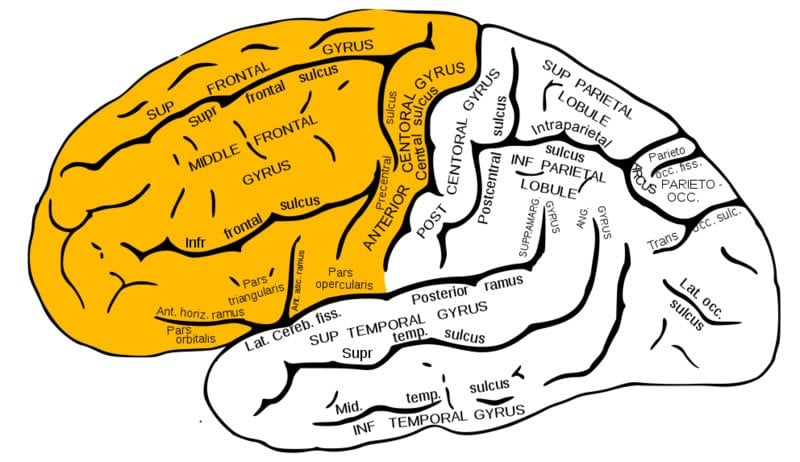A multidisciplinary group of scientists from the Sanders-Brown Center on Aging at the University of Kentucky have identified an interesting connection between the health of the brain tissue that supports cognitive functioning and the presence of dementia in adults with Down syndrome.
Published in the Neurobiology of Aging, the study, which focused on detecting changes in the white matter connections of the brain, offers tantalizing potential for the identification of biomarkers connected to the development of dementia, including Alzheimer’s disease.
“We used magnetic resonance imaging to compare the health of the brain’s white matter and how strongly it connects different parts of the brain,” explains Elizabeth Head, Ph.D., the study’s senior author. “The results indicate a compelling progression of deterioration in the integrity of white matter in the brains of our study participants commensurate with their cognitive health.”

Research team member David Powell, PhD, compared the brain scans of three groups of volunteers: persons with Down syndrome but no dementia, persons with Down syndrome and dementia, and a healthy control group.
Using MRI technologies, brain scans of subjects with Down syndrome showed some compromise in the tissues of brain’s frontal lobe compared to those from the control group. When people with Down syndrome and dementia were compared to people with Down syndrome without dementia, those same white matter connections were even less healthy.
Perhaps the most intriguing aspect of the study was the correlation between the cognitive abilities of participants with Down Syndrome and the integrity of their white matter– those who had higher motor skill coordination and better learning and memory ability had healthier frontal white matter connections.
Persons with Down syndrome are at an extremely high risk for developing Alzheimer’s disease after the age of 40. The team hopes their work might eventually lead to the identification of biomarkers for the development of Alzheimer’s disease in people with Down syndrome and, potentially, extend that to the general population as well.
Head cautions that these results are to some extent exploratory due to the small cohort of 30 participants. But, she says, “If we are able to identify people who, based on biomarkers, have a higher risk of developing Alzheimer’s disease, we might be able to intervene at an earlier point to retard the progression of the disease.”
Contact: Laura Dawahare – University of Kentucky
Source: University of Kentucky press release
Image Source: The image is credited to Gray’s Anatomy and is in the public domain.
Original Research: Abstract for “Frontal white matter integrity in adults with Down syndrome with and without dementia” by David Powell, Allison Caban-Holt, Gregory Jicha, William Robertson, Roberta Davis, Brian T. Gold, Frederick A. Schmitt, and Elizabeth Head in Neurobiology of Aging. Published online February 6 2014 doi:10.1016/j.neurobiolaging.2014.01.137






